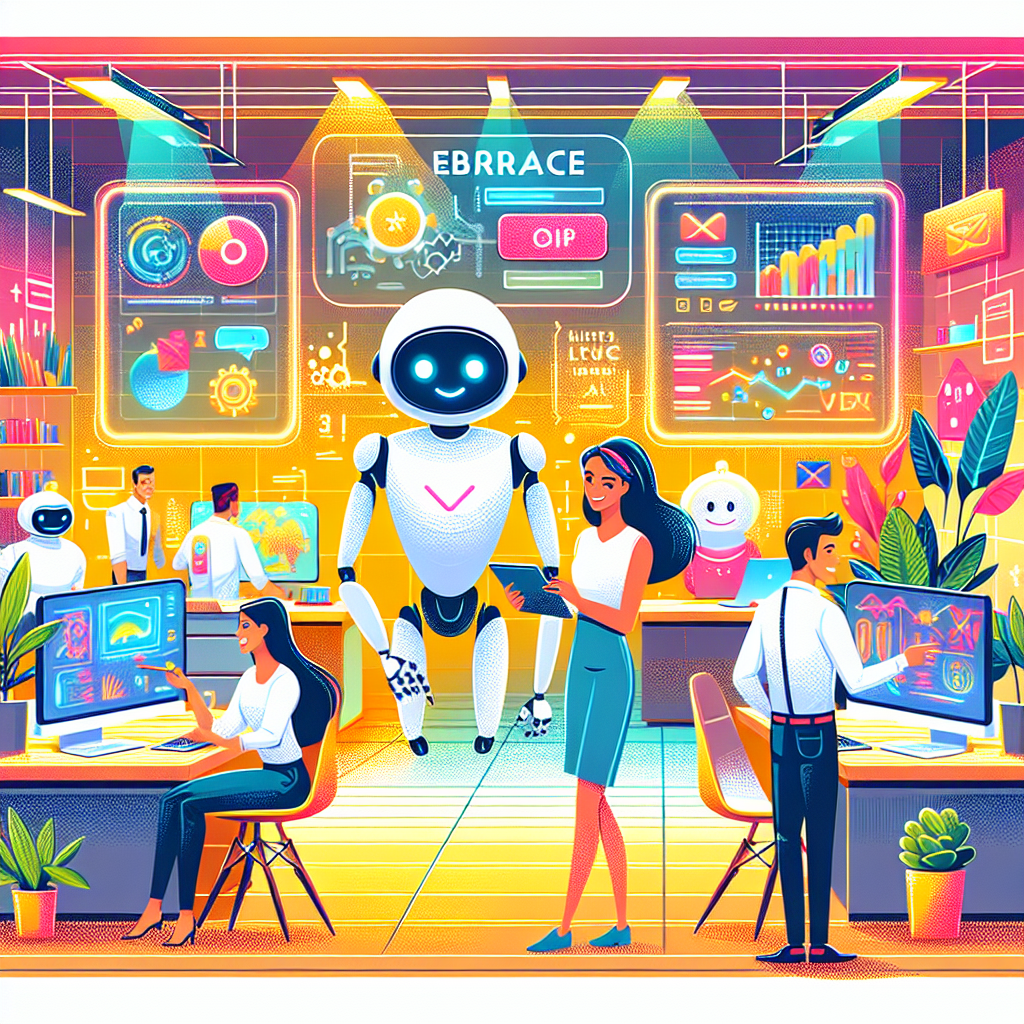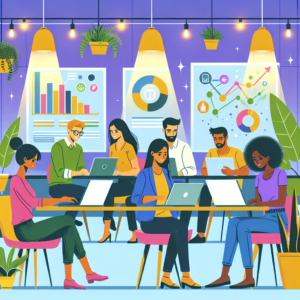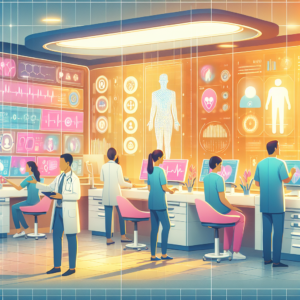Based on the search results and the provided blog outline, I’ll craft an SEO-optimized blog post about AI and job market transformations.
AI and Job Market Transformations: Navigating the Future of Work
Introduction: The AI Revolution in the Workplace
Imagine a world where your job description is constantly evolving, where artificial intelligence isn’t just a buzzword but a fundamental reshaper of how we work. We’re not talking about a distant future—this is happening right now. The job market is undergoing a seismic shift, with AI acting as the primary catalyst for unprecedented transformation.
Recent data paints a compelling picture: AI is set to impact nearly 40% of jobs worldwide, creating a landscape of both exciting opportunities and significant challenges. According to the McKinsey Global Institute, by 2030, at least 14% of employees globally might need to change their career paths due to AI, digitization, and robotics advancements.
AI’s Current Impact on Job Industries
Industries at the Forefront of Transformation
AI isn’t just knocking on the door—it’s already walking through it in several key industries:
- Manufacturing: Robotics and AI-driven automation are revolutionizing production lines
- Healthcare: AI assists in diagnostics, patient care, and medical research
- Information Technology: From cybersecurity to software development, AI is reshaping tech roles
- Finance: Algorithmic trading, risk assessment, and personalized banking services
Real-World Examples of AI Job Transformation
- Customer Service: Chatbots and AI assistants are handling basic customer interactions
- Data Analysis: AI tools can now process and interpret complex datasets in minutes
- Content Creation: Generative AI tools are assisting (and sometimes replacing) content writers and designers
Emerging Opportunities in the AI-Driven Job Market
New Job Roles on the Horizon
- AI Ethics Specialists
- Machine Learning Engineers
- AI Trainers and Explainability Experts
- Robotics Process Automation (RPA) Specialists
Skills in High Demand
- Data Literacy
- AI Tool Proficiency
- Critical Thinking
- Emotional Intelligence
- Complex Problem-Solving
Challenges and Concerns in the AI Job Landscape
While AI brings exciting possibilities, it also raises critical concerns:
Potential Job Displacement
A recent survey by ResumeBuilder revealed that 44% of companies expect layoffs in 2024 due to new AI capabilities. However, it’s not all doom and gloom—83% of companies see AI skills as crucial for employee retention.
Addressing Economic Inequality
The uneven distribution of AI benefits could exacerbate existing economic disparities. This makes proactive adaptation and continuous learning more important than ever.
Adapting to the AI-Driven Workforce
Strategies for Individual Professionals
- Continuous Learning: Embrace online courses and AI-focused training programs
- Develop Complementary Skills: Focus on skills AI can’t easily replicate
- Stay Flexible and Adaptable
- Understand AI Tools: Become proficient in AI technology relevant to your field
Organizational Approaches
- Invest in employee reskilling and upskilling programs
- Create AI literacy initiatives
- Develop ethical AI implementation strategies
The Future of Work: Predictions and Possibilities
The International Monetary Fund predicts that AI could generate an additional $13 trillion in global economic activity by 2030—approximately 16% higher cumulative GDP compared to today.
Key predictions include:
- Hybrid work models combining human creativity with AI efficiency
- More personalized and adaptive job roles
- Increased focus on human-AI collaboration
Conclusion: Embracing Change, Not Fearing It
The AI job market transformation isn’t about replacement—it’s about augmentation. By understanding, adapting, and strategically positioning ourselves, we can turn this technological revolution into an opportunity for growth, innovation, and personal development.
Sources
- McKinsey Global Institute Report on AI Economic Impact
- Forbes: AI’s Impact on the Job Market in 2024
Key Takeaway: The future belongs to those who learn, adapt, and see AI as a tool for empowerment, not a threat.





